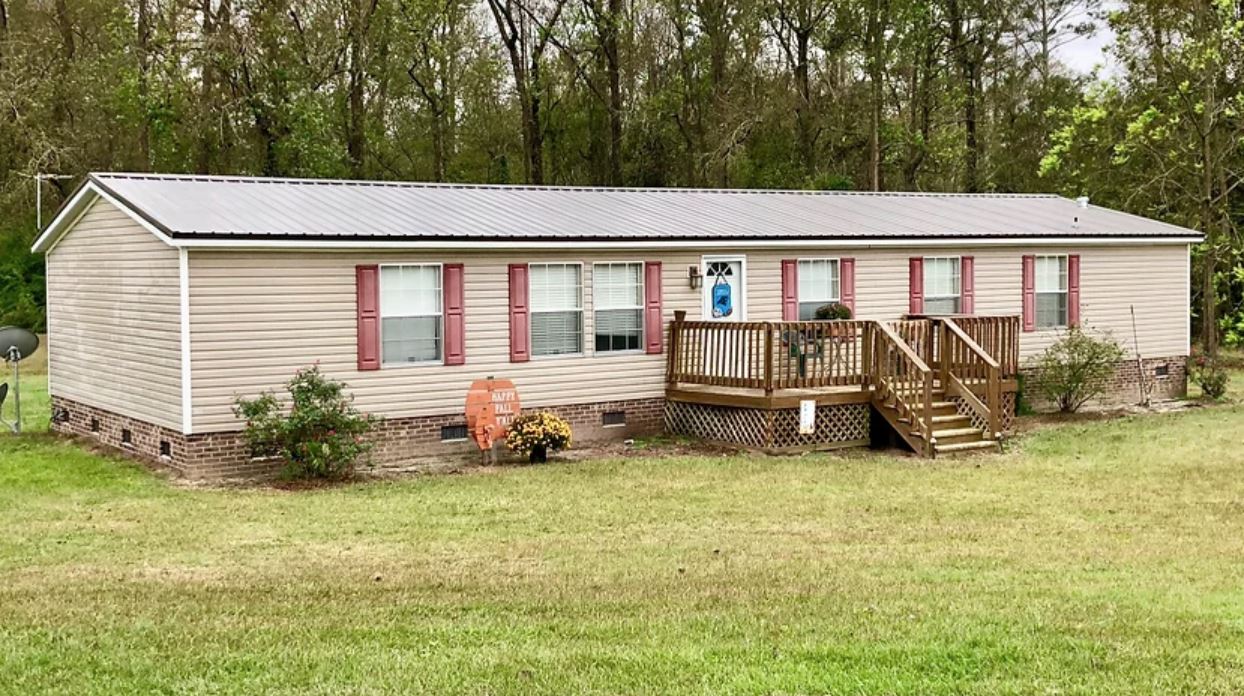Understanding VA Loans
What is a VA Loan?
A VA loan is a mortgage loan guaranteed by the Department of Veterans Affairs (VA) that enables qualified individuals to purchase a home with favorable terms and benefits. VA loans are offered by private lenders, such as banks and mortgage companies, but they are backed by the VA, which means the VA assumes a portion of the loan liability in the event of default.
Benefits of VA Loans
VA loans offer several advantages over conventional mortgages, including:
- No Down Payment: VA loans typically do not require a down payment, making homeownership more accessible to eligible borrowers.
- Lower Interest Rates: VA loans often have lower interest rates compared to conventional loans, resulting in potentially lower monthly payments.
- No Private Mortgage Insurance (PMI): Unlike conventional bighomeimprovement.com/, VA loans do not require private mortgage insurance (PMI), which can save borrowers money on monthly insurance premiums.
- Flexible Eligibility: VA loans are available to a wide range of individuals, including veterans with varying lengths of service, active-duty service members, and certain categories of military spouses.
Eligibility Criteria for VA Loans
To qualify for a VA loan, borrowers must meet certain eligibility requirements established by the VA:
- Service Requirements: Veterans must have served a minimum period of active duty service, typically ranging from 90 days to 24 months, depending on the era of service.
- Character of Service: Veterans must have been discharged under honorable conditions to be eligible for a VA loan.
- Certificate of Eligibility (COE): Borrowers must obtain a Certificate of Eligibility (COE) from the VA, which verifies their eligibility for the loan program based on their military service.
- Income and Credit Requirements: While VA loans have more flexible credit requirements compared to conventional loans, borrowers must still demonstrate sufficient income and meet certain credit standards to qualify.
Key Differences from Conventional Mortgages
While VA loans share some similarities with conventional mortgages, there are several key differences:
- No Down Payment: VA loans often do not require a down payment, whereas conventional loans typically require a down payment of at least 3% to 20% of the purchase price.
- No PMI: VA loans do not require private mortgage insurance (PMI), whereas conventional loans may require PMI if the down payment is less than 20%.
- Funding Fee: VA loans may require a one-time funding fee, which helps offset the cost of the loan guarantee provided by the VA. However, this fee can be financed into the loan amount.
Conclusion
For military personnel and their families, VA loans offer a valuable opportunity to achieve the dream of homeownership with favorable terms and benefits. By understanding the eligibility criteria, benefits, and differences from conventional mortgages, eligible individuals can take advantage of this unique financing option to purchase a home and build wealth for the future.
In conclusion, VA loans provide a pathway to homeownership for eligible veterans, active-duty service members, and select military spouses, offering favorable terms and benefits tailored to their unique needs and circumstances.





